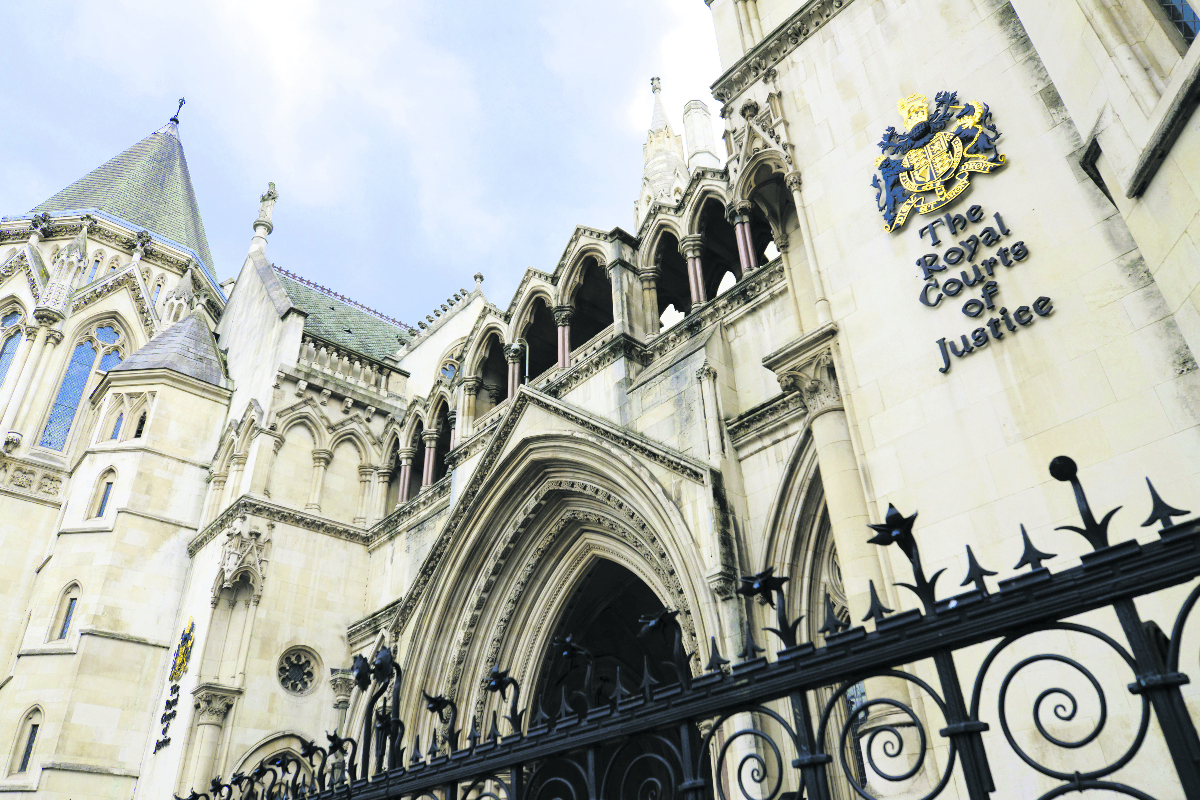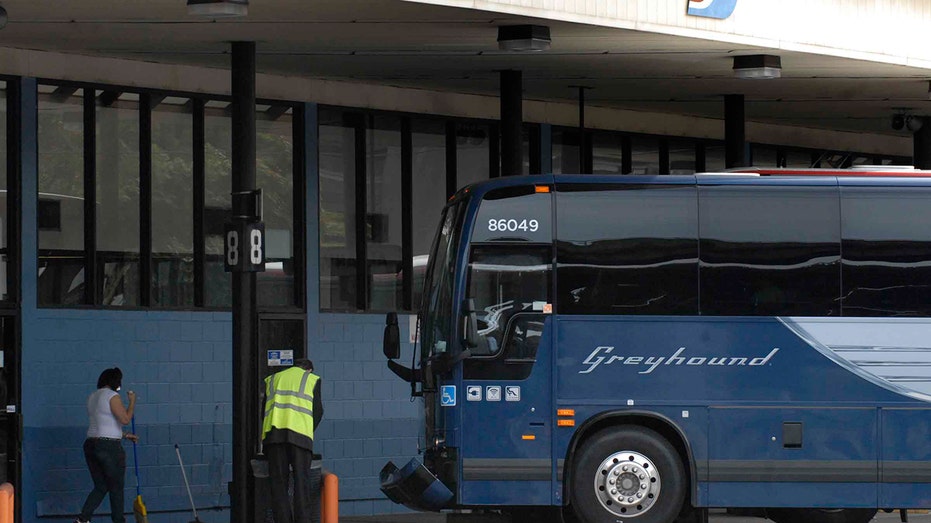Supreme Court gives landmark clarity on ‘no win, no fee’ costs in inheritance disputes
The highest court in the UK has granted an appeal in a 'landmark' case over 'no win, no fee' arrangements in disputes over wills


The highest court in the UK has granted an appeal in a landmark case over ‘no win, no fee’ arrangements in disputes over wills.
The case stemmed from the daughter of (deceased) Navinchandra Dayalal Hirachand who issued a claim for financial provision from her father’s estate after his will, totalling around £554,000, went to his wife, Nalini Hirachand.
The daughter, Sheila Hirachand, has severe health problems and does not have sufficient income or assets to support herself, so issued a claim under the Inheritance Act 1975.
However, she also had entered into a conditional fee agreement ‘a no win, no fee’ with her solicitors in order to fund her claim.
This arrangement meant if her claim failed, her solicitors and counsel would not be entitled to any fees. However, if her claim succeeded, she would be liable to pay their fees as well as an uplift of 72 per cent.
When she went to court, it was decided that her father’s will did not make reasonable financial provision for her, and she was awarded a sum of nearly £139,000.
As the claim was successful, the daughter was liable to pay the fee to her solicitors.
But the judge included a contribution of £16,750 towards her fee as part of the £139,00 award, as the judge held that, as she had no choice but to pay the fee to her solicitors, it formed part of her “financial needs” to which the court must have regard in determining the order it should make.
The wife appealed to the Court of Appeal on grounds which included that the court had no power to make provision for the fee. The Court of Appeal dismissed the case, so the wife appealed to the Supreme Court.
What happened today?
Today, the Lord justices granted her appeal, finding that in determining the appropriate relief to be awarded, a judge cannot include directly or indirectly any allowance for a success fee.
Commenting on this decision, Scott Taylor, partner at Moore Barlow – the lawyer for the daughter – stated “this case has been a first of its kind, and today, we now have the final answer.”
“Whilst it’s not the one we were hoping for our client, it clarifies the long-standing debate,” he added.
“The exclusion of success fees in awards means that a significant proportion of the Claimant’s award will be eaten up by the payment of success fees, potentially leaving them with insufficient funds required for their maintenance”, explained Cathryn Culverhouse, partner at DMH Stallard.
Amanda Smallcombe, partner at Birketts stated that “whilst the Supreme Court’s decision may be seen as hindering access to justice for some claimants, it is good news for beneficiaries of estates defending such claims.”
While Paula Myers partner at Irwin Mitchell explained that “the case highlights how complex the probate process can be and the importance that people on both sides of the fence seek quality legal advice in the event of any disagreements or disputes.”
“The increased awareness of rogue executors involved in probate recently and the inheritance tax changes in the Budget mean that we are likely to see an increase in disputed wills, trusts and estates in 2025,” she added.
The wife’s lawyer, Katie Alsop, partner at Wright Hassall said the firm and “our client are pleased that the Supreme Court has reached a positive conclusion and allowed the Appeal.”



